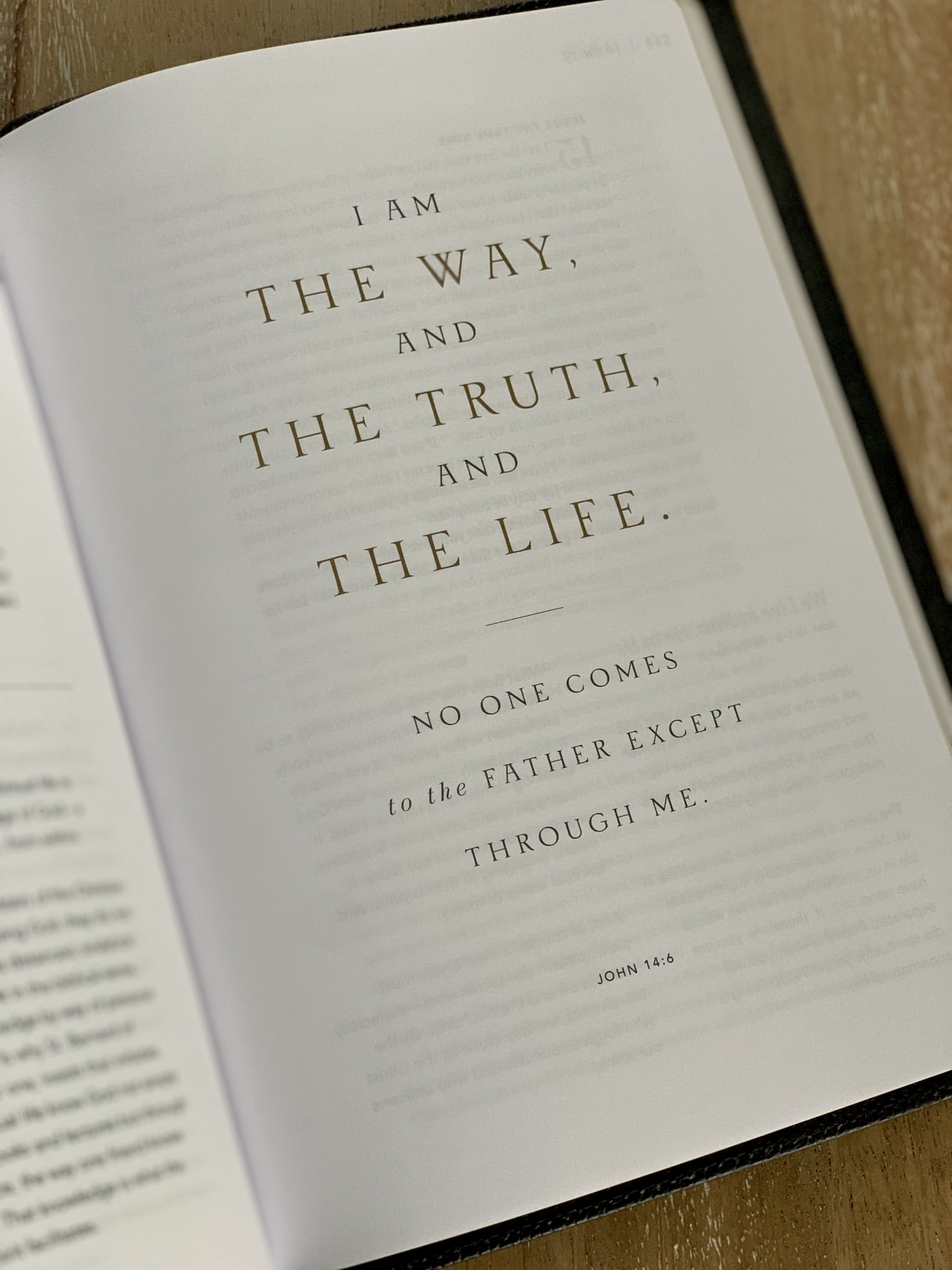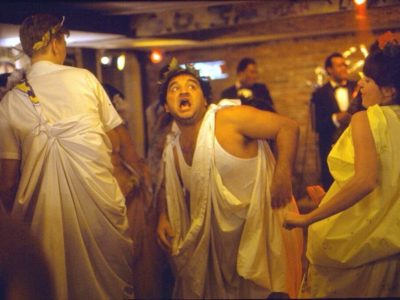“Look for a church as soon as you can, okay? What’s most important is your relationship with God.”
While rolling my eyes, I responded indifferently, “okay, okay, I know.”
This characterizes how a lot of my conversations with my parents would go throughout high school. My dad had been a pastor since my birth and all my life my parents had taught and shared their faith with me. I got so used to hearing what forms the truth, what my life means, and about Jesus that I became desensitized to church and Christianity. In my heart, I knew I needed a Christian community in college, but I also had that rebellious urge to embrace independence and figure things out on my own.
The first couple of weeks during my first semester at UC Berkeley I found myself struck with a lot of doubts and worries. Everyone seemed to know exactly what they were doing, appearing to have the potential to do anything they wanted, and seeming to lead their best lives. I felt like I had no idea how to navigate these big college churches that I wasn’t used to or what to do career-wise. But I did know that I needed God in order to achieve happiness in college and to make a lot of friends. I also realized that this came across as the first time in my life that I could decide on my accord whether I even wanted to seek Christianity and a church.
My parents would never know if I just lived my life — one party at a time.

I came to the conclusion that for most of my life, my convictions weren’t my own but produced from the influence of my parents. However, this seemed like my chance to really explore for myself and decide what kind of life I wanted to live. The one thing I knew for sure amounted to my urge to live truthfully. And so my life decisions had to come from my own heart rather than what I thought would please my parents.
I started to visit different churches on campus with an open mind, trying to engage and talk to many people so I could get a sense of their community because I knew that every church proved culturally and doctrinally unique. I ended up continuing to attend a church where I felt like the people appeared genuine and honest. I also found the answer to alot of questions that I didn’t even know I had, such as why suffering exists in the world, whether or not science actually conflicts with faith, and if there exists actual historical evidence behind the bible and Jesus.
This Christian community’s willingness to be extremely vulnerable proved most surprising to me as I hadn’t experienced this in the church I grew up in. I listened as many people shared the struggles they’d gone through abusive parents, depression, addictions, bullying, deaths in the family, etc. I remained shocked that people could have the humility to share such personal things about their life. It opened my eyes to the kind of community this church had created—one that valued a high level of intimacy between one another without judgment so that people could carry each other’s burdens and know they have support.
I knew then that I had to give this church a real chance.

Now, two years later as a junior, I’m amazed to look back and see how far I’ve come. I decided to stay at that church and since then I have grown exponentially in my relationship with God. I’m so grateful for my college journey so far and for the numerous friendships that I’ve made. Especially in this quarantine era, it proves comforting to have people to call and talk to at any time. Although college has had its wearisome moments and I’m sure the next two years will have its own share of trials, I know that I have people to lean on and strengthen me along the way.
College remains a time for deliberation, occasional failure and realizing that you exist outside your parental bubble. For some, it often acts as the first time to think about what to do with their life after living a mere two decades in a world and society created over thousands of centuries. It certainly held true for me.



















